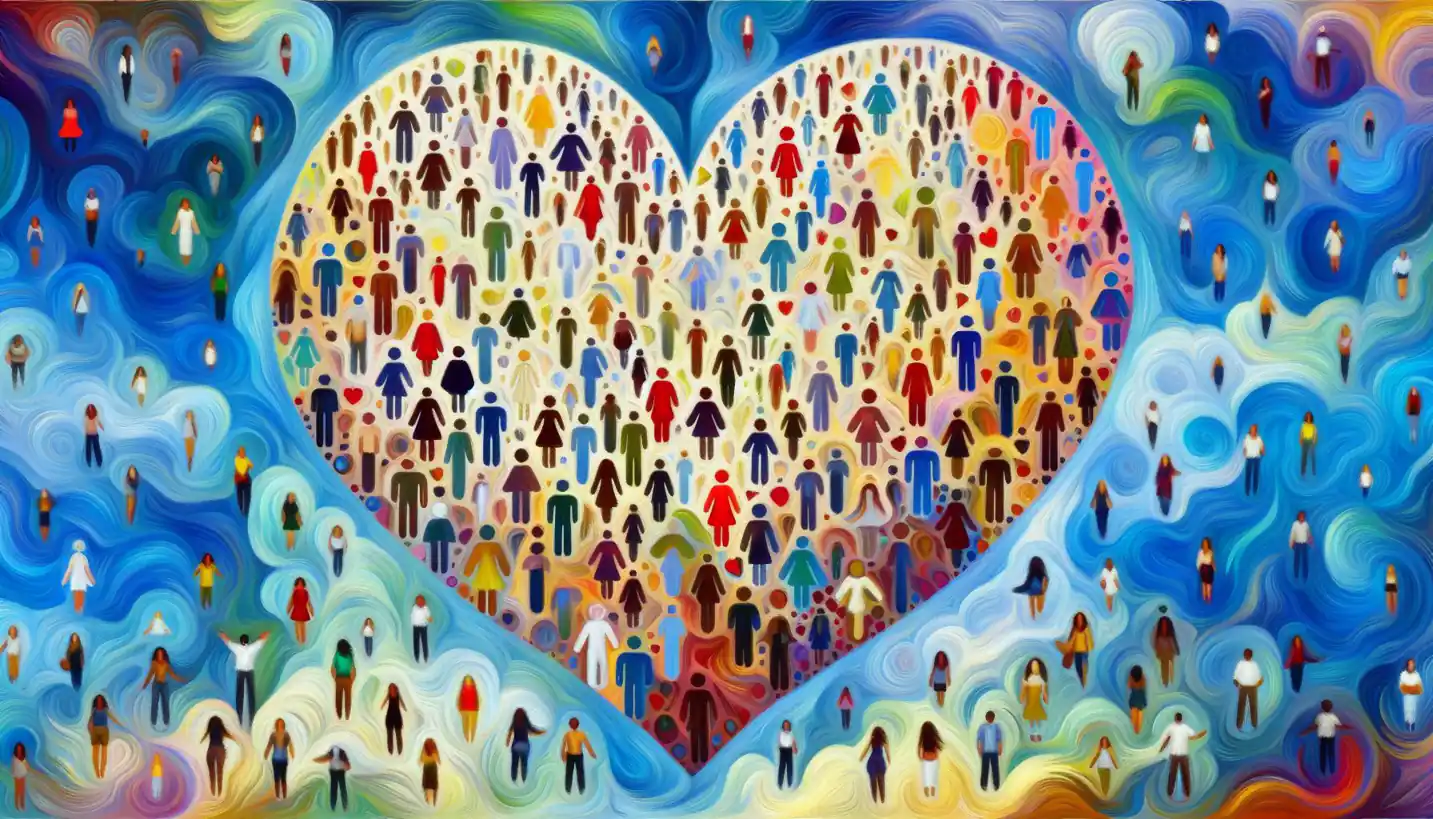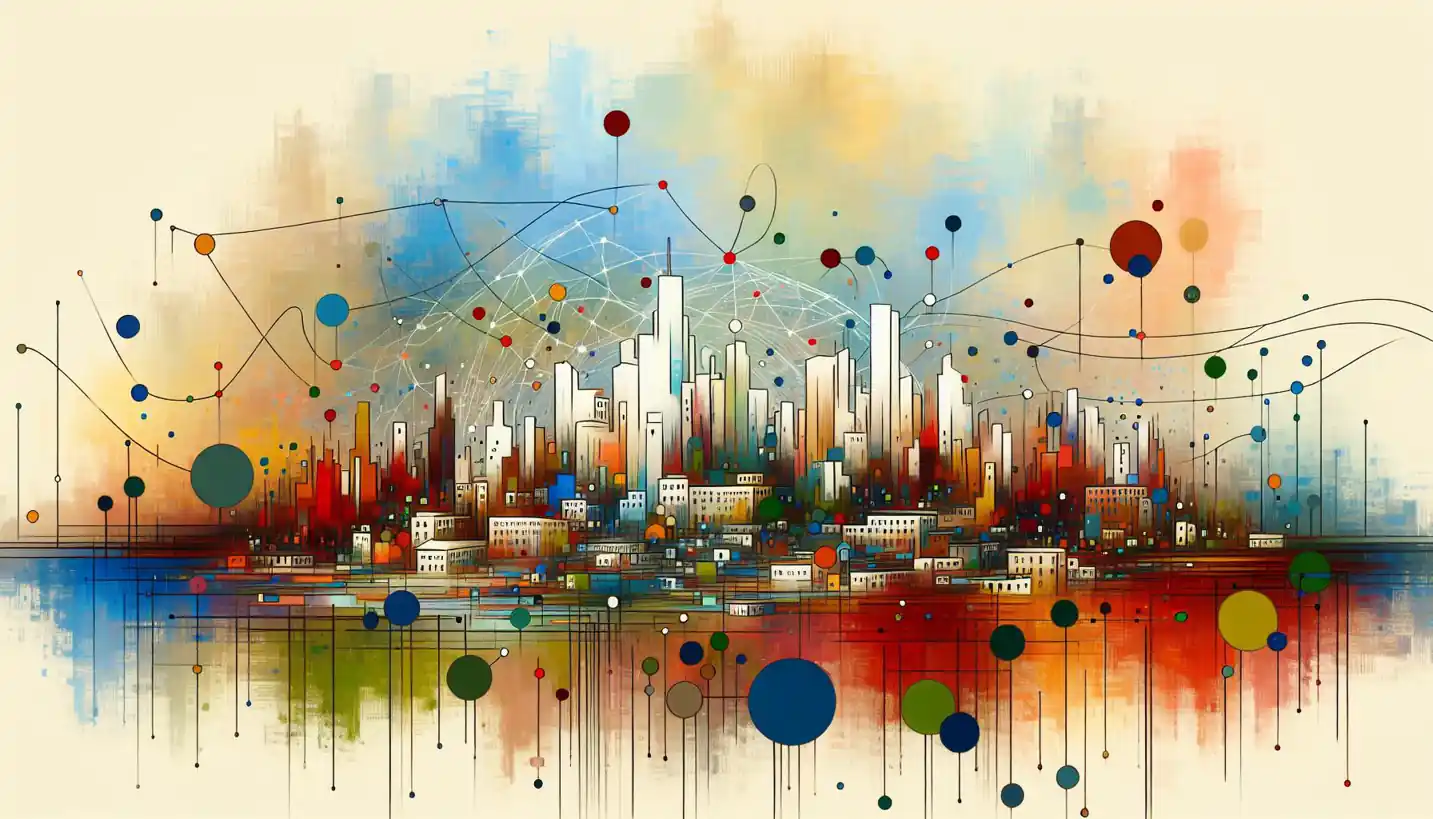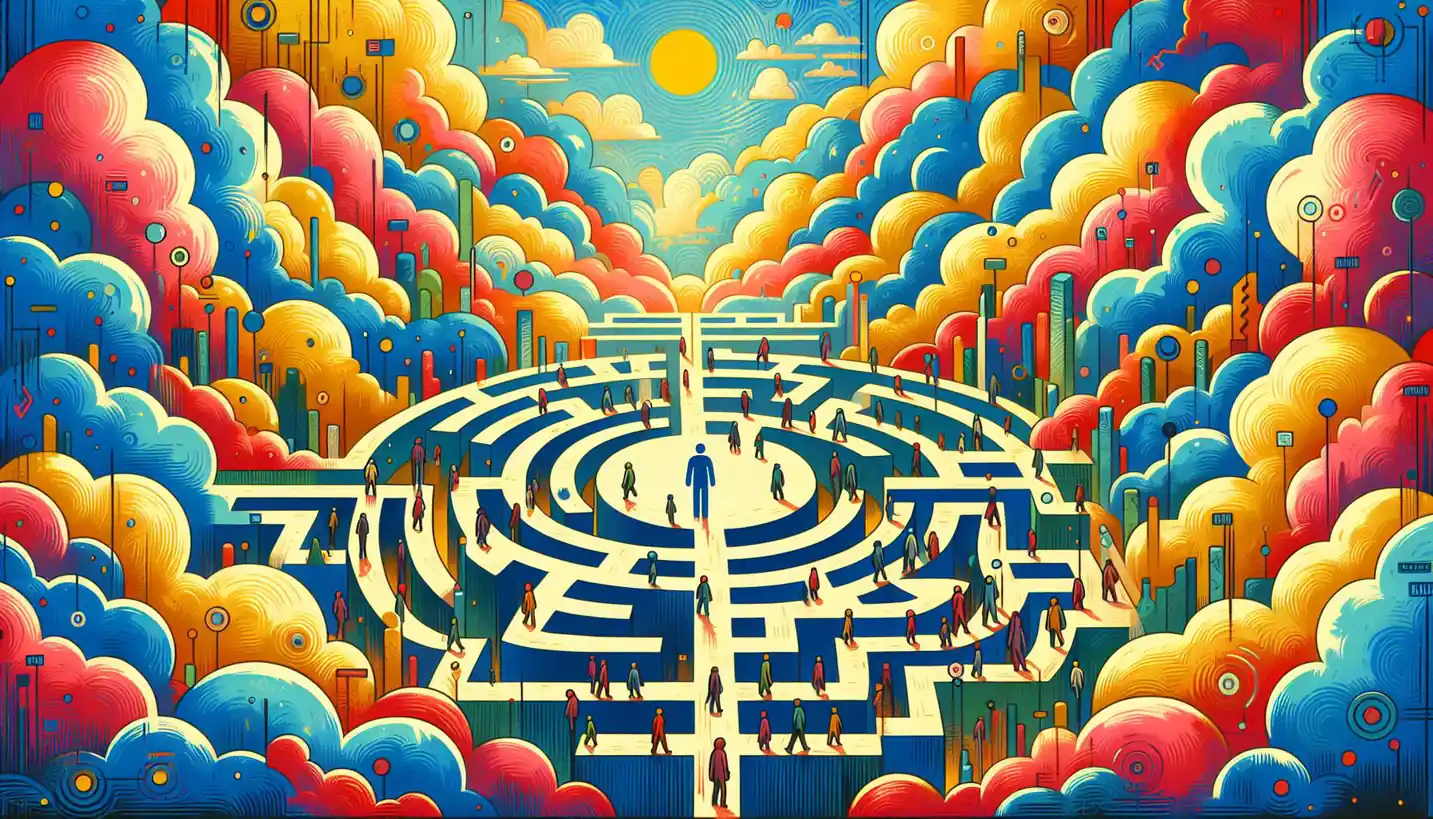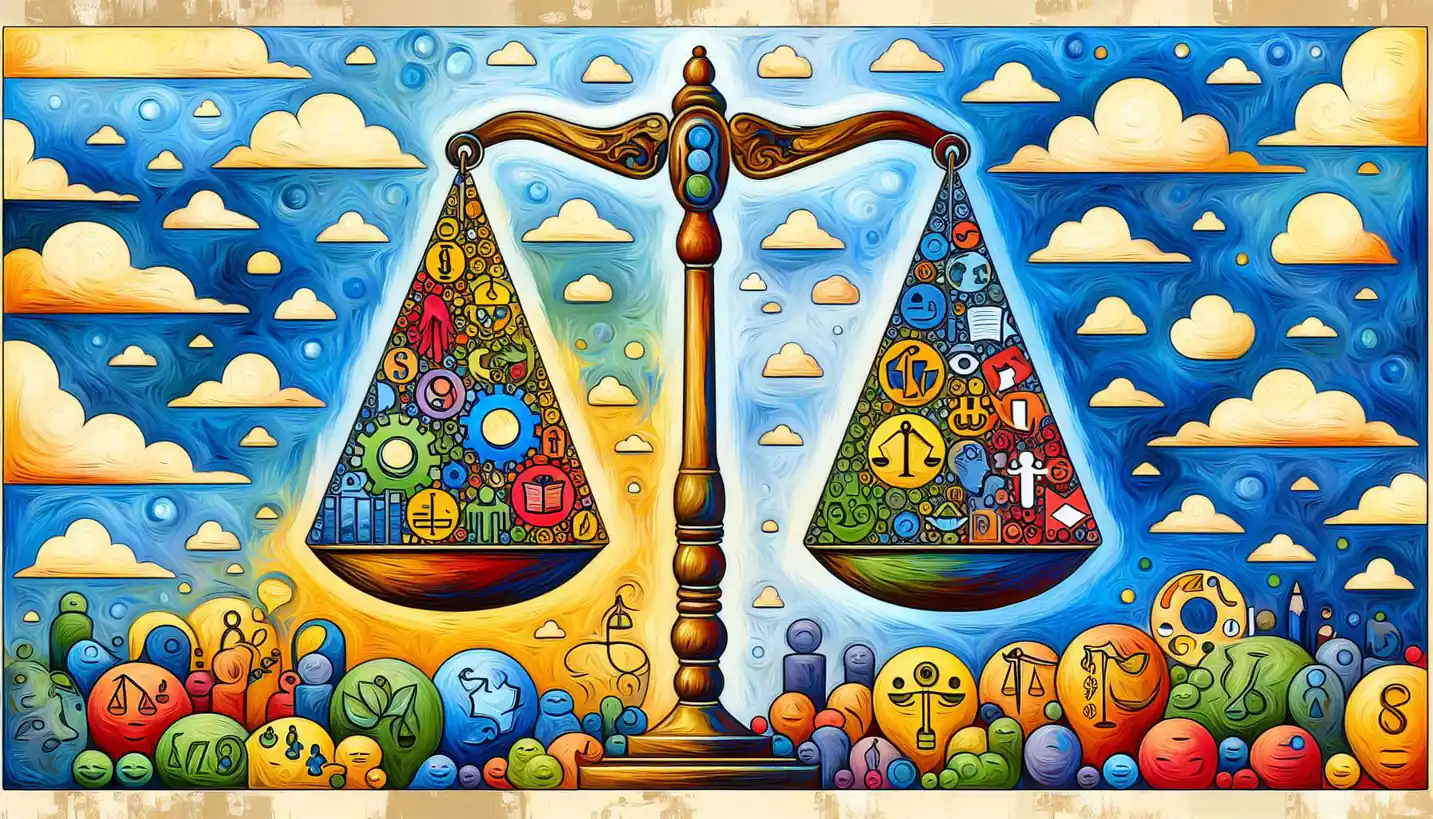· Sociology · 5 min read
Denomination: The Puzzle of Religious Diversity in Sociology
Denomination: The Puzzle of Religious Diversity in Sociology highlights how diverse religious groups coexist and interact. Understand the complexities and richness of religious expression.

When we’re chatting about religion, the concept of denomination is like a piece of a larger puzzle. In sociology, especially the sociology of religion, denominations help us understand how different groups within a faith can exist and even thrive side by side. It’s like seeing a garden where roses, tulips, and daisies grow together, each beautiful in its own way.
At its core, a denomination is a distinct subgroup within a religion. Think of it like branches on a tree. The tree itself represents the broader religion, such as Christianity or Islam, while the branches are specific denominations like Baptists or Shia Islam. Each of these has its own beliefs, practices, and governance structures, but they all share a common root.
Understanding Denominations
The idea of denominations isn’t just about different names or churches. It dives deeper into how humans naturally group themselves, seeking out others who think and worship similarly. This process reflects something fundamental about human behavior: our desire to belong and find meaning.
In the world of Christianity, for instance, there are many denominations: Protestant, Catholic, Orthodox, and within these, countless more specific groups. Each has its own interpretation of the Bible, its own rituals, and often, its own organizational structure. This diversity can be traced back through history, from the Reformation to modern times, where cultural, geographical, and theological differences led to the creation of new denominations.
The Role of Denominations in Society
Denominations play a crucial role in social cohesion and community identity. For many people, their denomination isn’t just about where they worship on a Sunday morning. It’s part of who they are. It contributes to their cultural identity, shapes their moral values, and influences their interactions with the world.
Let’s dig a bit deeper. Imagine a neighborhood with multiple churches, each representing a different denomination. While they might be close neighbors, each church can offer unique social services, community events, and perspectives on moral and social issues. This diversity enriches the local culture and provides individuals with more freedom to find a community that resonates with their personal beliefs and experiences.
Why Denominations Matter
Understanding denominations is key to appreciating the religious landscape of any society. They are vital for several reasons.
First, they help maintain religious peace. By allowing groups to practice their faith in ways that align with their beliefs, denominations can prevent conflict. People can choose a community that speaks to them, reducing tensions that might arise in a more uniform religious environment.
Second, they offer a variety of interpretations and teachings that can appeal to a broad spectrum of humanity. This variety can make religion more accessible, as individuals can find a niche that aligns with their understanding and experiences.
Lastly, denominations can act as catalysts for social change. Many have been at the forefront of movements for civil rights, social justice, and humanitarian aid. By leveraging their unique beliefs and organizational strengths, they can address societal issues from diverse angles.
The Sociology Behind Denominations
From a sociological perspective, the establishment and evolution of denominations can be linked to broader societal patterns. As societies evolve, so do their religious needs and expressions. This evolution can be influenced by factors like migration, cultural exchange, and political change.
For instance, migration brings different cultures and religious ideas into contact, sometimes leading to the birth of new denominations. Political environments can also play a role, as seen in places where religious groups have sought independence from state control.
Denominations often emerge through schisms or splits when members of a religious community disagree. These disagreements can be over doctrinal issues, governance, worship styles, or ethical questions. When a group within a religion feels that its identity or ideas aren’t represented, they may form a new denomination, seeking a space where they can practice their faith authentically.
Denominations and Globalization
In today’s globalized world, denominations also face new challenges and opportunities. The internet and social media have connected people from different backgrounds like never before. This connectivity allows for the sharing of religious ideas and practices on a global scale.
However, globalization can also intensify the pressures on denominations to adapt and redefine themselves. As societies become more multicultural, denominations might seek to modernize or reinterpret traditional teachings to stay relevant.
From another angle, globalization can foster ecumenical movements, where denominations work together to achieve common goals, such as addressing poverty or climate change. This collaboration can enhance the influence of religious groups on the global stage.
Future Directions and Curiosities
Looking ahead, the future of denominations presents a fascinating question. Will we see more fragmentation as people continue to seek communities that perfectly match their beliefs? Or will there be an increase in efforts to unify and bridge gaps between different groups?
One curiosity worth exploring is the role of technology in shaping the future of denominations. Virtual congregations and online worship services are becoming more common, particularly following the COVID-19 pandemic. How this will affect the physical structures and traditional understandings of denominations remains an exciting area for sociologists to explore.
Moreover, some young people today prefer spirituality over organized religion, seeking meaning outside established denominations. This trend might inspire denominations to innovate and find new ways to engage with younger generations.
In the grand tapestry of human society, denominations are threads of color and diversity. They show how deeply woven religion is into the human experience, offering windows into our past and clues to our future. Understanding them helps us grasp the rich complexity and ever-evolving nature of faith in the modern world. What will be their next chapter is a tale we are yet to uncover.



